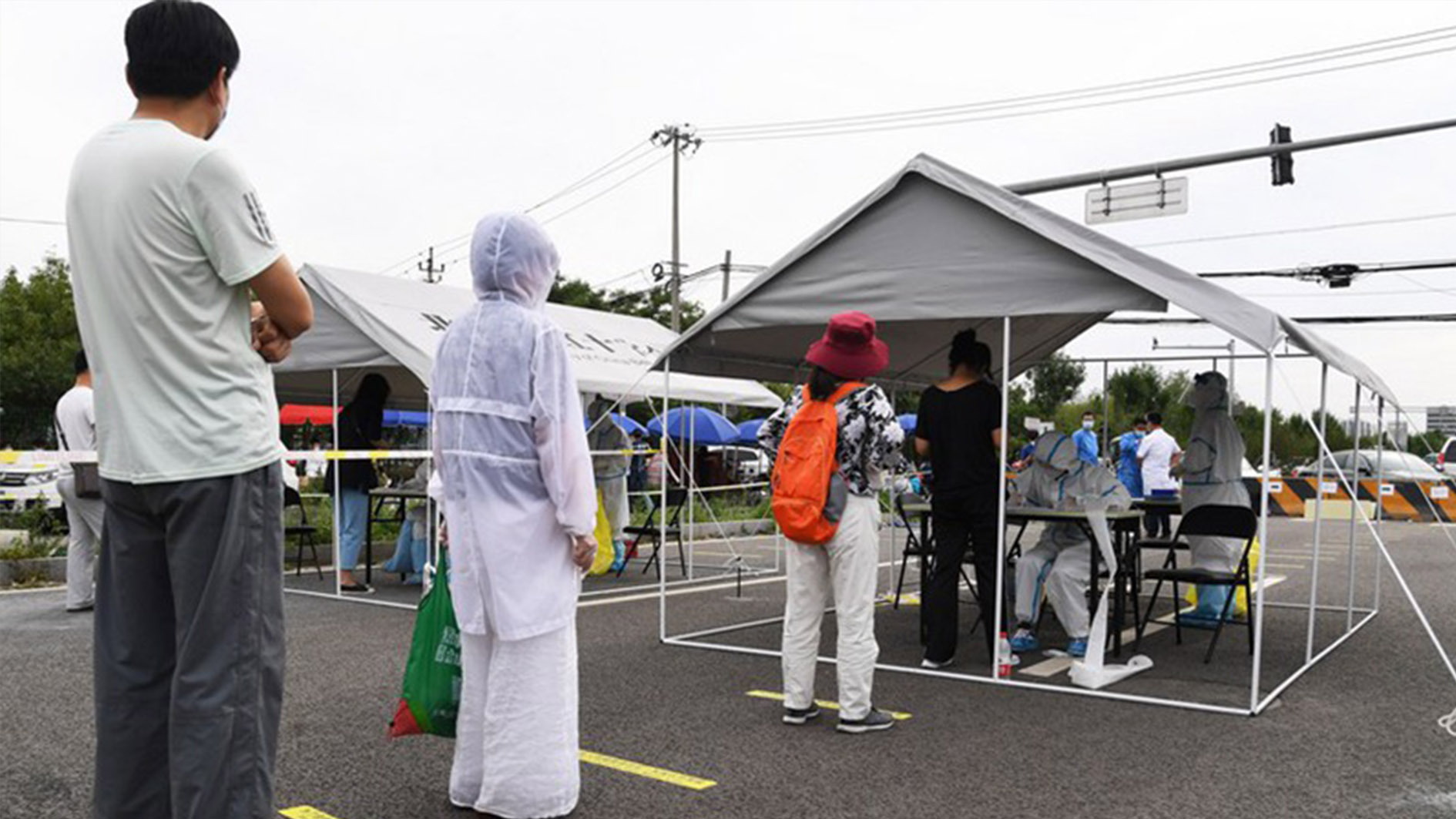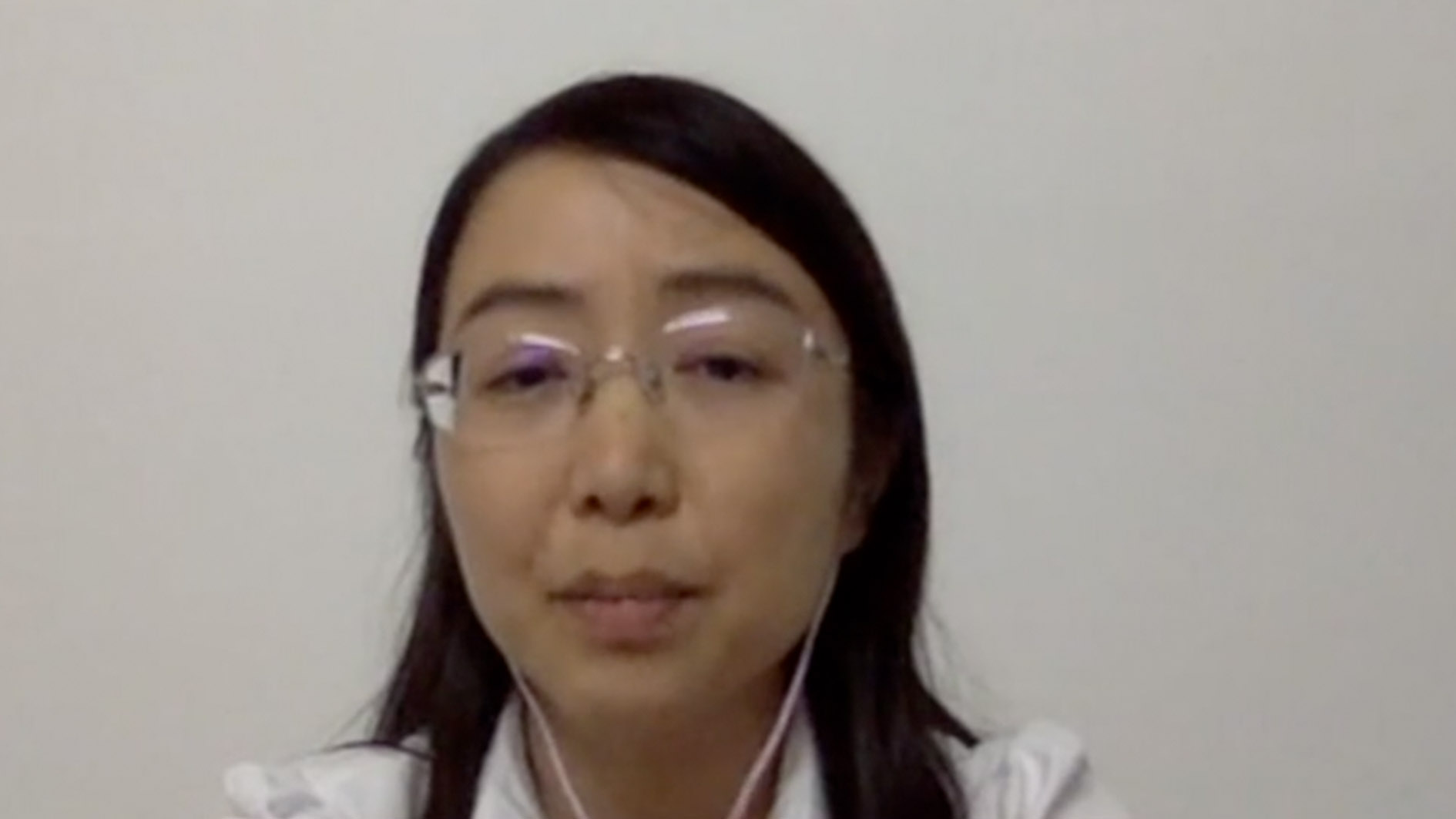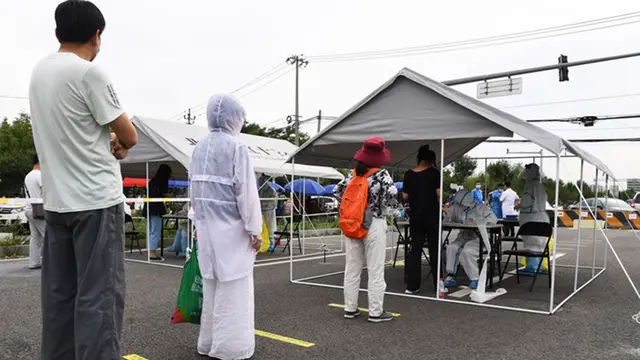01:12

Fears of a second wave of COVID-19 infections have emerged in Beijing after dozens of residents tested positive. But reaction was swift, and Beijing is conducting rapid mass testing and upgrading of epidemic control and prevention measures. And the Chinese CDC's chief epidemiologist has revealed that the Beijing COVID-19 flare-up is a different strain of the virus than has been circulating in the rest of China.
Cui Hui'ao, CGTN correspondent in Beijing, said that the latest outbreak definitely rang all the alarm bells, and almost all of these cases are linked to Xinfadi, the wholesale market for meat, vegetable, and fruit supplies in southern parts of Beijing.
He noted that Beijing has been taking swift steps to contain this new outbreak, including shutting down the major markets, closing off the 11 communities and several schools in the area, and ramping up tests in key areas like the Fengtai and Xicheng Districts. On Sunday, it tested over 76,500 people, and 59 of them showed positive results.
Meanwhile, Cui added that an epidemiological investigation is underway to trace the origin of this virus. So far experts found the virus strain that caused the latest outbreak could have come from Europe, but no further information was provided. Additionally, it remains unclear how the virus was spreading, and whether it was transmitted through food or asymptomatic people. A further investigation is underway.
Cui added that Beijing has not seen new locally transmitted cases for nearly two months, and now the latest development has triggered a number of concerns among people.
02:07

"We know that 15,000 people go in and out of this market per day. And that is why we have seen cases popping up across the city in 8 districts already," Cui said. "If you do the math, the risk of this virus spreading further and causing more infections should definitely be taken seriously."
Dr. Huachen Zhu, an associate professor from the State Key Laboratory of Emerging Infectious Diseases at the University of Hong Kong, pointed out that the latest COVID-19 cases in Beijing indicate that although we have made very strict prevention measures, there are still some gaps in our knowledge, and some blind spots in our preventive strategies.
"For example, the possibility of contaminated food or goods transported from other diseases affected regions, is it possible? And also, the possibility of some undetected asymptomatic patients who is traveling to the community. And the possibility of some infected animal host, previously unidentified, probably get a second chance to expose itself to the human beings," Dr. Zhu added. "We have no clue about these."
According to Dr. Zhu, the previous focus was more on human-to-human transmission while the Xinfadi outbreak shows that the virus could also be transmitted by contaminated food and goods. She thinks that we need to be more careful about food security and practice good hygiene in a bid to prevent infections.
Dr. Chen Xi, associate professor of Health Policy and Economics at the Yale School of Public Health said that Beijing has taken effective strategies to contain the spread. He noted that all the confirmed cases so far are coming from the Xinfadi market, which means that we are still in the early stage of the transmission.
Given the current situation of the widespread pandemic, Dr. Chen believes that it is necessary to ramp up testing at this point, because we don't know where the radical outbreak may come over the coming months. Particularly, he thinks that adequate testing could also help reopen the economy and track the spread of the virus, and therefore, the government can take effective measures to control the coronavirus spread based on the real-time data on COVID-19 tests.
"Dialogue" is a prime time English-language daily talk show on CGTN. The 30-minute program covers a wide range of domestic and international topics, providing a balanced and critical perspective on current affairs and analysis within the framework of cross-cultural and multi-disciplinary comparisons.
Schedule: Monday-Sunday
Time (GMT): 03:30, 11:30, 19:30
(If you want to contribute and have specific expertise, please contact us at [email protected])
 简体中文
简体中文

